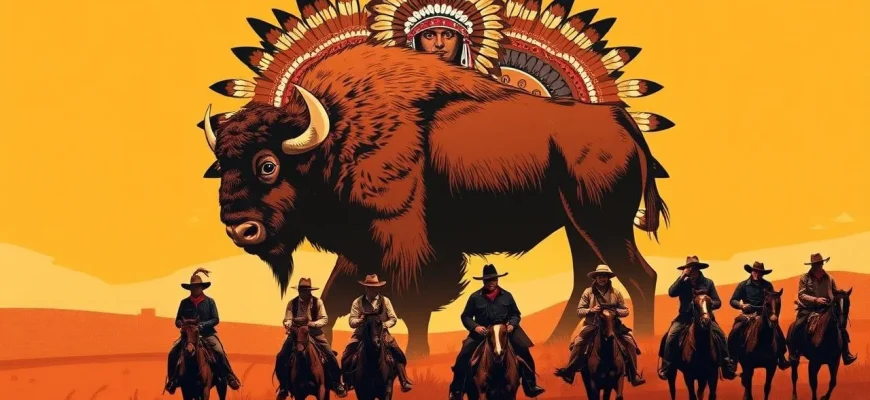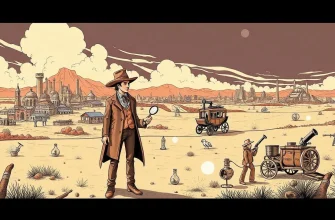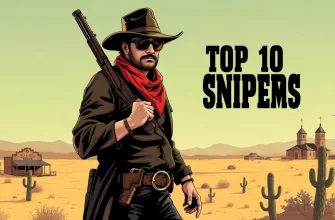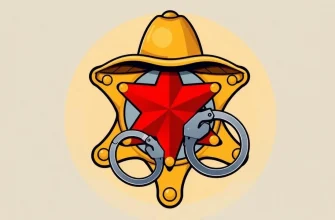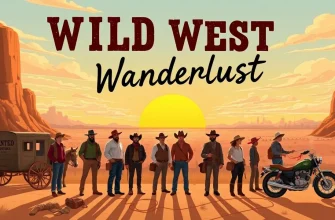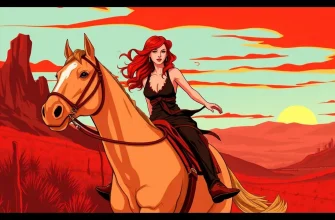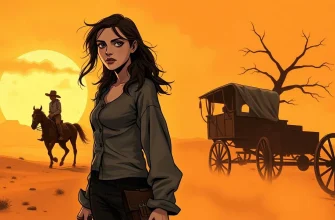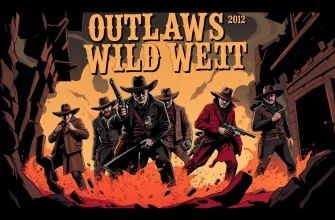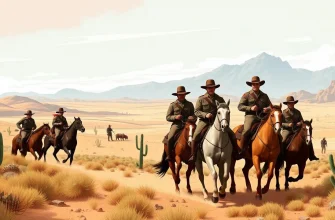This curated list of Western films delves into the often overlooked narratives of indigenous peoples within the genre. These films not only entertain but also educate, providing a deeper understanding of the cultural and historical significance of Native American, First Nations, and other indigenous groups in the American West. Each film in this collection offers a unique perspective, showcasing the resilience, struggles, and rich heritage of these communities.
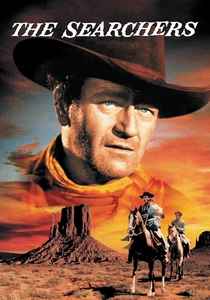
The Searchers (1956)
Description: John Ford's classic explores themes of racism and revenge, with a significant subplot involving the Comanche tribe.
Fact: The film was controversial for its depiction of Native Americans but is now considered a landmark in cinema.
 Watch Now
Watch Now
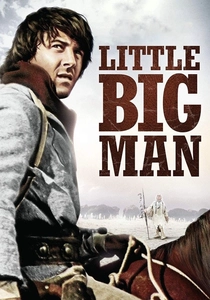
Little Big Man (1970)
Description: A satirical take on the Western genre, this film follows the life of Jack Crabb, a white man raised by the Cheyenne, providing a critical view of American history from an indigenous perspective.
Fact: Dustin Hoffman's performance as Jack Crabb was critically acclaimed, earning him a Golden Globe nomination.
 Watch Now
Watch Now

The Outlaw Josey Wales (1976)
Description: Although primarily a revenge story, the film includes significant interactions with Native Americans, particularly the Cherokee, offering a sympathetic portrayal.
Fact: Clint Eastwood directed and starred in this film, which became one of his signature roles.
 Watch Now
Watch Now
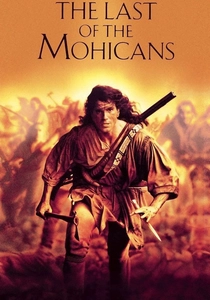
The Last of the Mohicans (1992)
Description: Set during the French and Indian War, this film tells the story of Hawkeye, a white man raised by Mohicans, as he aids in the rescue of two sisters, highlighting the plight of the Mohican tribe.
Fact: The film's score by Trevor Jones and Randy Edelman is highly acclaimed and often considered one of the best in film history.
 Watch Now
Watch Now
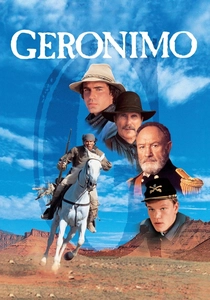
Geronimo: An American Legend (1993)
Description: This film chronicles the life of Apache leader Geronimo, focusing on his resistance against the U.S. government's attempts to relocate his people.
Fact: The film was shot on location in the actual historical sites where the events took place.
 Watch Now
Watch Now
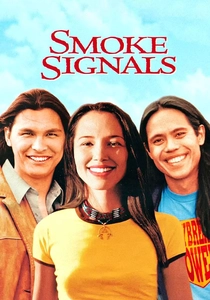
Smoke Signals (1998)
Description: A road trip movie that explores the relationship between two young Coeur d'Alene Indian men, offering a contemporary look at Native American life and identity.
Fact: This was the first feature film to be written, directed, and co-produced by Native Americans.
 Watch Now
Watch Now
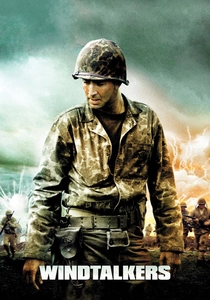
Windtalkers (2002)
Description: While not strictly a Western, this WWII film highlights the Navajo code talkers, showcasing their crucial role in the Pacific Theater and their cultural significance.
Fact: The film was criticized for its portrayal of the Navajo, but it brought attention to their wartime contributions.
 Watch Now
Watch Now
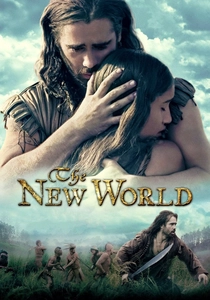
The New World (2005)
Description: Terrence Malick's poetic portrayal of the relationship between Pocahontas and John Smith, offering a nuanced look at the clash of cultures.
Fact: The film was shot in Virginia, where much of the historical events took place.
 Watch Now
Watch Now
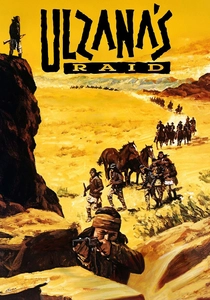
Ulzana's Raid (1972)
Description: This film follows a U.S. Cavalry unit tracking down an Apache war party, providing insight into the Apache resistance and the brutality of the Indian Wars.
Fact: Burt Lancaster, who stars in the film, was known for his interest in Native American issues.
 30 Days Free
30 Days Free
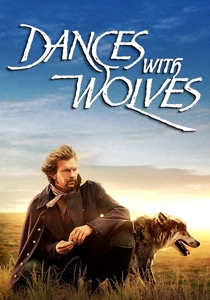
Dances with Wolves (1990)
Description: This epic film follows a Union Army lieutenant who befriends a group of Lakota Sioux, learning their way of life and becoming one of them. It's a poignant exploration of cultural exchange and understanding.
Fact: Kevin Costner, who stars as the lead, also directed the film, winning Best Picture and Best Director at the Oscars.
 30 Days Free
30 Days Free

